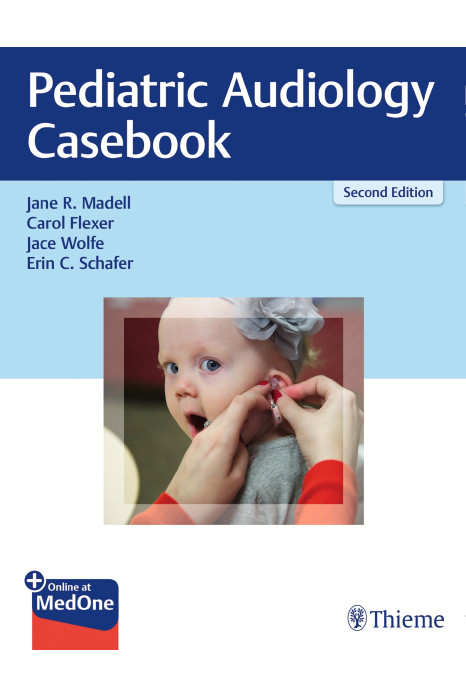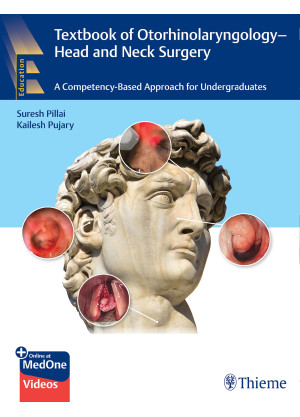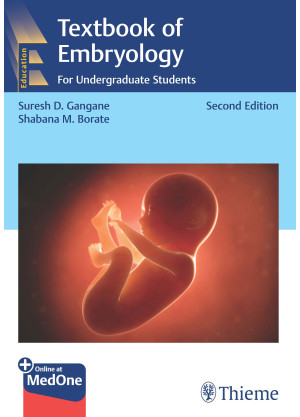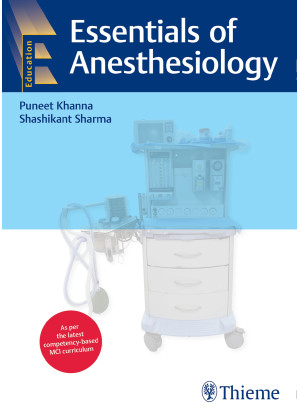Leverages real-life cases to foster in-depth understanding of pediatric audiology
Pediatric Audiology Casebook, Second Edition is fully updated with more than 60 new cases presented in four sections, covering all facets of the diagnosis and management of hearing disorders in children. Renowned experts Jane R. Madell, Carol Flexer and rising stars Jace Wolfe and Erin C. Schafer have compiled an impressive compendium of basic to complex diagnostic cases, covering the most salient topics in the field. The book effectively bridges the gap between content knowledge and clinical application, enabling readers to put acquired theory into active practice by engaging in problem-based learning.
Key Features
- All cases include key information for diagnosing and managing pediatric patients: clinical history, audiologic testing, evaluative reader questions, thought-provoking answers, definitive diagnosis, recommended treatment options, and final outcome
- Expanded use of cochlear implants including implant performance issues
- Overcoming challenges—from family non-compliance and complicated mapping—to professional collaboration and multidisciplinary assessments
Paired with the best-selling textbook Pediatric Audiology: Diagnosis, Technology, and Management, Third Edition, this robust classroom duo is an essential resource for instructors and students alike. Acquire in-depth knowledge from the textbook, apply it to practical case studies, and achieve deeper understanding of the full spectrum of pediatric audiology.
This book includes complimentary access to a digital copy on https://medone.thieme.com.
1 Managing Mild Hearing Loss
2 Newborn Follow-up
3 Probable Enlarged Vestibular Aqueduct and Hearing Loss in a 6-Year-Old Child
4 Being Mindful of "Mild"
5 Minimal/Mild Bilateral Hearing Loss
6 Management of Mild/Moderate Mixed Hearing Loss in a 2-Year-Old
7 Behavioral Hearing Evaluation: 2-Year-Old Girl
8 "Well-Baby" Burt
9 Child with Late-Onset Mild to Moderate Hearing Loss
10 Pfeiffer's Syndrome
11 Probable Ménière's Disease in a 10-Year-Old Child
12 Transient Auditory Neuropathy Spectrum Disorder or Delayed Auditory Maturation in a Well Baby
13 Auditory Neuropathy Spectrum Disorder: Delayed Diagnosis
14 Child with Progressive Hearing Loss
15 School-Aged, Unidentified Minimal/Mild Hearing Loss
16 What Was Missed?
17 A Case of Progressive Vestibular Impairment
18 Auditory Processing Evaluation: 12-Year-Old Male
19 Hearing and Vestibular Loss in a 9-Month-Old Child
20 Magnetic Bone Conduction Hearing Implant System
21 Startle Epilepsy and Tinnitus Masking
22 Hyperbilirubinemia
23 CHARGE Syndrome
24 Enlarged Vestibular Aqueduct with Fluctuating Hearing Loss
25 Complex Audiologic Diagnostic Case
26 Auditory Processing Evaluation: 8-Year-Old Female
27 Unilateral Auditory Neuropathy Spectrum Disorder/Cochlear Nerve Aplasia
28 Bilateral Microtia/Atresia with Mixed Hearing Loss
29 Middle Ear Trauma: 4-Year-Old Girl
30 Decreased Sound Tolerance (Misophonia)
31 Congenital Profound Hearing Loss, Noonan's Syndrome, and Cochlear Implantation
32 Cytomegalovirus
33 Congenital Ossicular Chain Anomalies and Hearing Loss
34 Auditory Neuropathy Spectrum Disorder
35 A Complex Audiologic Case Demonstrating Professional Collaboration
36 Multidisciplinary Assessment and Management of a Complex Case
37 Sudden-Onset Hearing Loss with Bilateral Enlarged Vestibular Aqueducts
38 Living in the Genome Generation: Biparental GJB2 Pathogenic Variants Detected by Expanded Carrier Screening–Outcome from Newborn Screening and Management of Child Following Audiologic Testing
39 Monitoring Performance for a Child with Hearing Loss
40 Borderline Cochlear Implant Candidate with EVA
41 Determination of Bimodal/Bilateral Cochlear Implant Candidacy
42 Considerations for Hearing Technology Intervention for Precipitously Sloping Hearing Loss in Children
43 Teenager Rejecting Hearing Aids
44 Facilitating Full-Time Hearing Aid Use in Children
45 Progressive Hearing Loss
46 Fitting Frequency-Lowering Technology to Children
47 Removing Reluctance in Remote Microphone Use
48 Poor Performance with a Cochlear Implant: A Case of Overinsertions
49 Personal Roger System Fitting
50 Hypoplastic Cochlear Nerve
51 Complicated Mapping
52 A Case of Pediatric Hyperacusis
53 Cochlear Implantation in a Child with Single-Sided Deafness
54 Unilateral Auditory Neuropathy Spectrum Disorder
55 Cochlear Implantation for Enlarged Vestibular Aqueduct
56 Does Stimulation Rate Matter?
57 Cochlear Implantation for Children with Single-Sided Deafness
58 Family Not Following Up with Audiological Recommendations
59 Child with Severe Profound Hearing Loss Born to Parents with Deafness
60 Why Is JS Not Making Progress?
61 Progressive Hearing Loss
62 Use of LENA to Explore Classroom Listening Concerns for Student with Auditory Neuropathy Spectrum Disorder
63 Management of Hearing Loss in a Case of Vestibular Aqueduct Syndrome
64 Considerations for Hearing Technology for Minimal to Mild Hearing Loss














